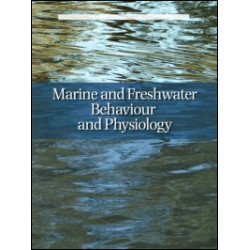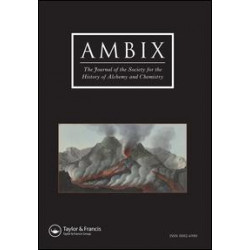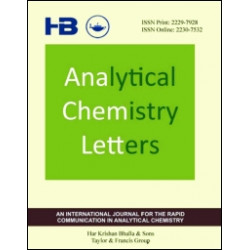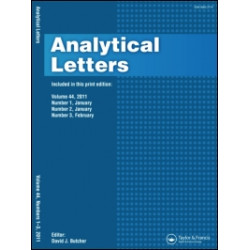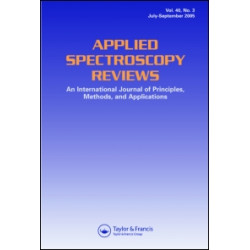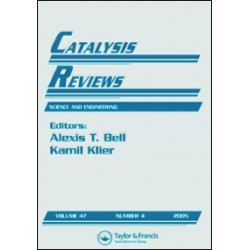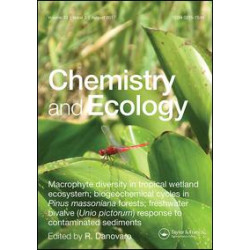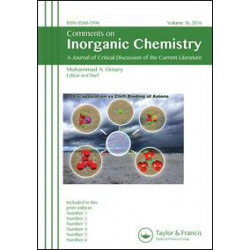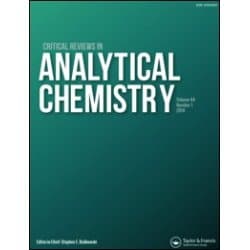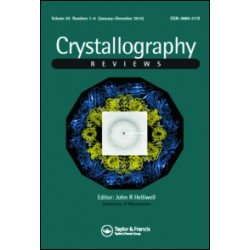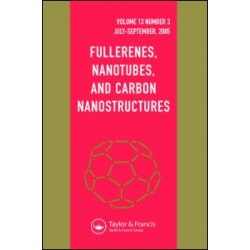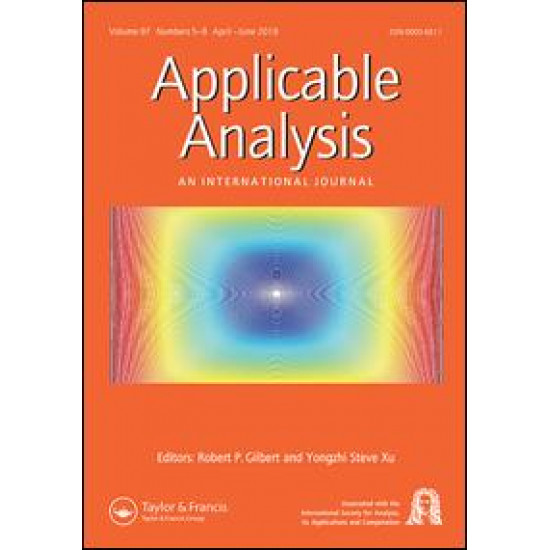
Applicable Analysis is concerned primarily with analysis that has application to scientific and engineering problems. Papers should indicate clearly an application of the mathematics involved. On the other hand, papers that are primarily concerned with modeling rather than analysis are outside the scope of the journal
General areas of analysis that are welcomed contain the areas of differential equations, with emphasis on PDEs, and integral equations, nonlinear analysis, applied functional analysis, theoretical numerical analysis and approximation theory. Areas of application, for instance, include the use of homogenization theory for electromagnetic phenomena, acoustic vibrations and other problems with multiple space and time scales, inverse problems for medical imaging and geophysics, variational methods for moving boundary problems, convex analysis for theoretical mechanics and analytical methods for spatial bio-mathematical models.
Peer Review Policy
All submitted manuscripts are subject to initial appraisal by the Editor. If found suitable for further consideration, papers are subject to peer review by independent, anonymous expert referees. All peer review is single blind and submissions can be made online at http://mc.manuscriptcentral.com/gapa.
Publishing Ethics
The Journal adheres to the highest standards of publishing ethics, with rigorous processes in place to ensure this is achieved. Taylor & Francis is a member of Committee of Publications Ethics (COPE) and utilises CrossCheck for all Journals. More information on our ethical standards and policies can be found here: http://authorservices.taylorandfrancis.com/ethics-for-authors/
The Journal has an appeals and complaints policy which can be viewed here: https://authorservices.taylorandfrancis.com/peer-review-appeals-and-complaints-from-authors/.






